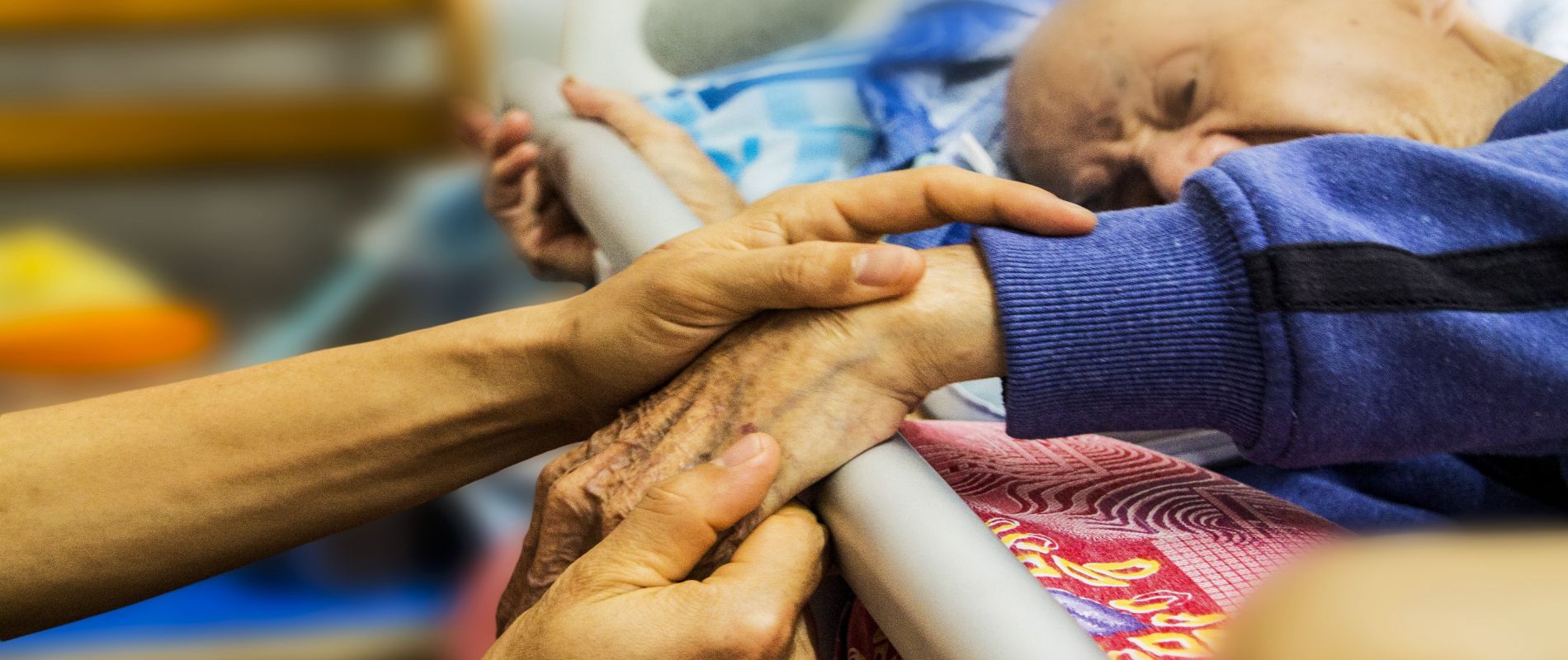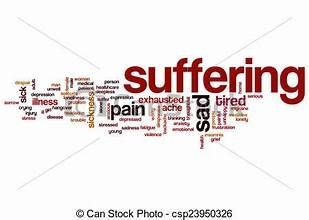
Our dependence on texts and emails has weakened our ability to express care and compassion, especially with writing.
However, handwritten cards, notes and letters can be very effective expressions of care. Also, texts and emails provide a useful way to care especially if you can't be there.
But, while texts and emails have become the common way to communicate, too often they lack word-smithing and beautiful expressions of deeply felt emotions.
Years ago I uncovered an obituary from my great, great grandfather from their local newspaper. Today it would be called flowery language. I prefer to call it personal, engaging and heartfelt. It seems we have lost someting in our culture. I rarely see that type of writing. The old fashioned type of writing used words, full of expression and emotion that grieved the lost ones and empathized with the reader.
Sometimes when miles separate you from those you care for, or there are conflicts in your schedule preventing you from being present, or you just want to connect with someone in a meaninfgul way writing is an effective way to care.
So, how can we write effectively so we offer the best care.
The following writing guidelines come from my writing and caring mentors and from me as I used their advice.
- Use the fewest words possible in your opening sentence.
Catch their attention with a very brief and pithy opening. "If you don't grab them in the first sentence they won't read the rest," my mentor taught me.
- Use their name.
Calling people by name is second, only to eye contact, for connecting with people. They need to hear their name to feel that you know them and are talking directly to them.
- You can pray via text/email. You don't need to only say, "I'm praying for you." Write the prayer. An added benefit is, you will improve your ability to pray, and they will be able to interact with and receive your prayer.
- Ask open ended questions. "When can we talk?" is better than "give me a call when you can" or "lets connect soon." "What are you most concerned about?" is better than, "I hope you have a speedy recovery."
- Reflectively respond.
When you include something in your card or letter that they previously told you, then they feel that you have been paying attention to them and what they said. They feel validated and heard.
- Take time. Writing takes time. Time is a vauable resource and it is a wonderful gift to give to someone. When they hold the card or letter you sent them, they know they were part of your day, even though you were not together. And, writing is effecient when you can't be there. The time it takes to write is less than the time that would have been spent driving to and from where you would visit.
- When you don't know what to say, just quickly write down your thoughts as if you were talking. Then take time to edit using the above guidelines. The reader will feel cared for because you took the time to craft an expression of care that can be felt by the suffering person.
- Write what you feel. Your care and compassion will be felt by the reader.
Writing matters!
Peter, Paul and John wrote letters that fill most of the New Testament. David, Solomon and a few others wrote poetry to express their laments and praises. The entire Bible is the communication of God through the written word.
Commit to write texts and emails with care and compassion.
Your words will be received with appreciation. Sometimes they will be read again, and again and again. Perhaps they will be printed and saved and years from now will be used as a reminder of the care God provided through you.
Your care matters, even when it is written.
I hope this post helps you thrive as you care for others and that they feel your care and God's love.











